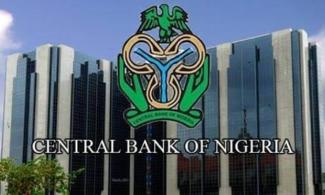
This was contained in a communique issued by the apex bank’s Monetary Policy Committee (MPC) after its 2023 meeting held between Monday and Tuesday.
The Central Bank of Nigeria (CBN) has said that fuel subsidy removal (deregulation of petrol price) and other factors including the transition to a unified and market-determined exchange rate will sustain rise in inflation in Nigeria.
This was contained in a communique issued by the apex bank’s Monetary Policy Committee (MPC) after its 2023 meeting held between Monday and Tuesday.
The National Bureau of Statistics (NBS) in its June report stated that Nigeria’s headline inflation rose from 22.41 percent recorded in May to 22.79 percent in June.
The CBN’s Monetary Policy Committee noted that the steady rise in the country’s inflation “was driven by the moderate increases to both food and core components. Legacy headwinds, including security challenges in major food-producing areas; high cost of transportation driven by the rising cost of energy; and inadequacies in public infrastructure, continue to drive the rise in food and core inflation.”
The Committee stated, “Key developments that would likely sustain upward pressure on domestic prices, in the short to medium term, are the recent deregulation of petrol price (fuel subsidy removal) and the transition to a unified and market-determined exchange rate.”
According to the apex bank, “The unfolding dynamics in the policy environment and the resultant pass-through to domestic prices would thus require greater collaboration between the Bank and the fiscal authority.”